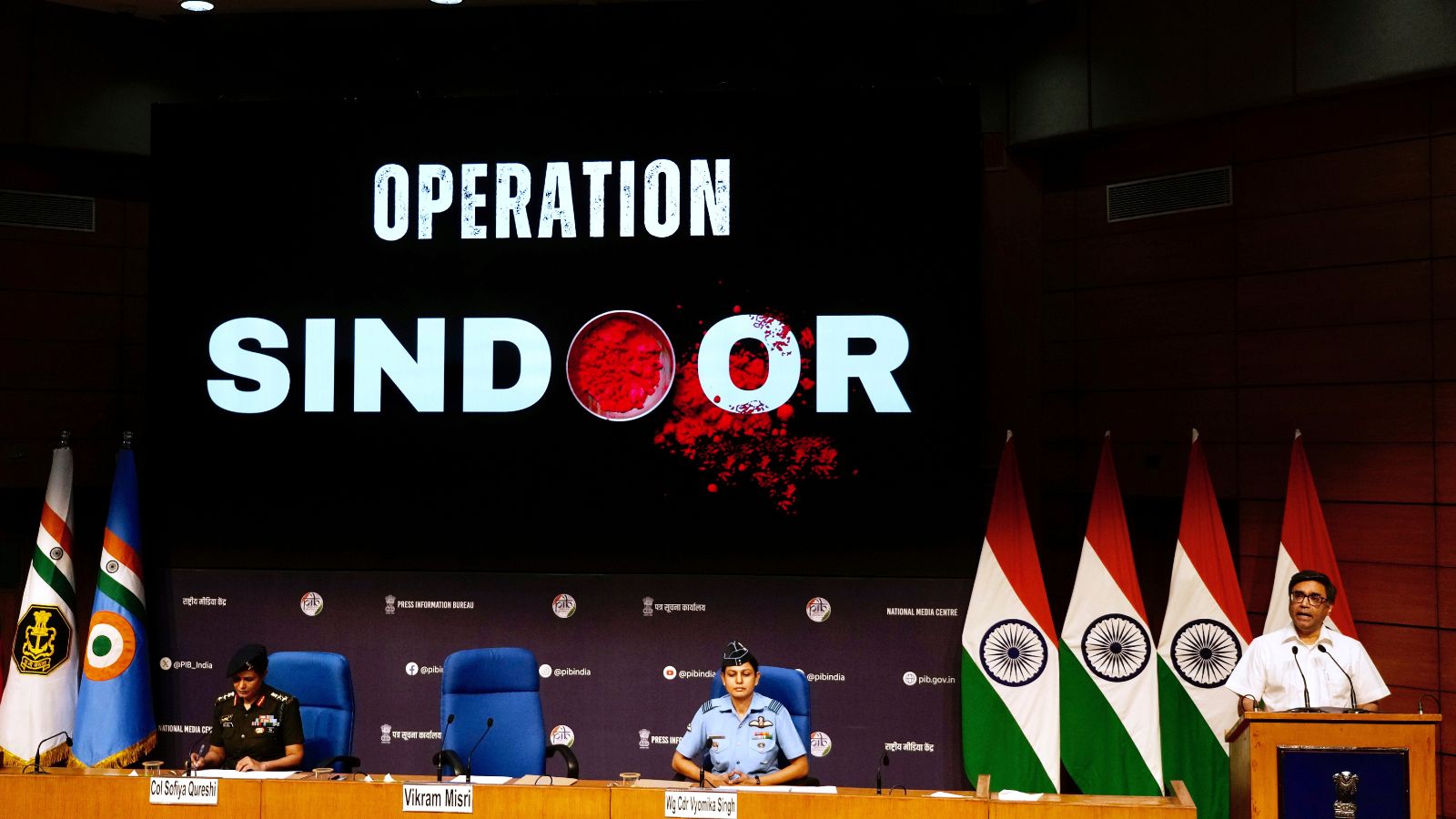In a bold and decisive military move, India carried out “Operation Sindoor”, a precision strike targeting terrorist camps in Pakistan and Pakistan-occupied-Kashmir (PoK), in the early hours of Wednesday, May 7. The operation comes as a strategic retaliation to the terror attack in Pahalgam on April 22, 2025, which claimed multiple lives and triggered nationwide outrage.
Despite rising geopolitical tensions, Indian equity markets have shown remarkable resilience. Historically, similar episodes such as the Kargil conflict, Parliament attack, Uri and Pulwama strikes have tested market nerves, but the overall long-term impact on the Sensex has been minimal. Analysts suggest “Operation Sindoor” is unlikely to disrupt market fundamentals.
Domestic brokerage Anand Rathi Shares & Stock Brokers emphasized that past Indo-Pak tensions have resulted in only modest, sentiment-driven corrections—typically not exceeding 5–10%. “Market corrections, if any, have been short-lived. The fundamentals have consistently prevailed over panic,” said the firm.
Defence Stocks Likely Beneficiaries of Operation Sindoor
While “Operation Sindoor” could lead to short-term volatility, experts believe the market is unlikely to suffer structural damage. The immediate fallout may be limited to tourism and hospitality sectors in Jammu & Kashmir, with reports of trip cancellations already emerging.
However, defence-related companies could see positive traction. Key beneficiaries may include:
- Bharat Forge – a leader in defence platforms
- Bharat Dynamics – missile and ammunition manufacturer
- Solar Industries – explosives and defence consumables supplier
These companies are expected to benefit from rising defence expenditure and greater emphasis on indigenous military capabilities.
Limited Impact on Civil Sectors
Despite potential drop in tourist inflows to Jammu & Kashmir, the impact on major listed entities such as Indian Hotels Company and InterGlobe Aviation (IndiGo) is expected to be limited. Anand Rathi maintains a bullish stance on Indian Hotels with a target price of ₹800.
Market History During Indo-Pak Tensions
According to Anand Rathi’s historical analysis of 11 major India-Pakistan conflict episodes:
- The average Sensex correction was 7.5% at lowest points.
- The median correction stood at 3.5%.
- Notably, markets outperformed global indices such as the S&P 500 in key episodes like the 2001 Parliament attack.
- FPI flows remained largely positive, turning negative only during two of the 11 episodes.
Importantly, even during war-like situations such as the Kargil conflict, the markets remained stable. Analysts attribute this to international diplomacy, India’s anti-war stance, and calculated strategic doctrines that favor controlled escalation.
also see
- Gold and Silver Prices Today, January 25, 2025: Latest Rates in India
- Maruti Suzuki Q3 Results: Revenue and Profit Rise Despite Market Volatility

